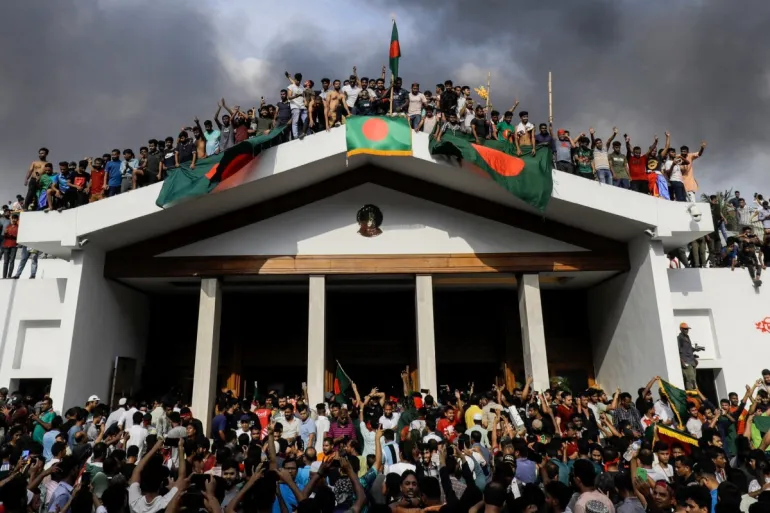Bangladesh experienced a dramatic regime change on August 5, 2024. It started on college campuses amidst student protests for declining economic conditions, authoritarian rule, and corruption, which escalated into a synaptic national uprising. The violent suppression of demonstrators triggered international outrage and the eventual resignation of Hasina’s government. Notably, Nobel Prize winner Muhammad Yunus intervened as an interim government charged with developing a reform agenda for democracy and good governance.
From a geopolitical perspective, Hasina’s ouster sent shockwaves through South Asia. New Delhi, which had previously been a favored ally of Hasina, remained surprisingly quiet. It prioritized stability over regime change, especially amidst cross-border disruptions and ongoing Rohingya refugee arrivals; even welcoming them into schools as Indian citizens. Eventually, it received Yunus’s reform agenda and saw their common future for their historical bilateral engagement.
China, who had invested significantly under Hasina, was worried about the change of leadership and therefore loss of leverage. While Beijing promoted a non-interference position, it co-operated privately with Yunus’s Government to safeguard its numerous infrastructure interests in Dhaka. For their part, both the United States and European Union heralded the uprising as democracy in action, providing diplomatic support for features of electoral reform and restoration of human rights. A year later as the streets of Dhaka ring with celebration, new challenges emerge. The balance between reform, stability, and external influence is tenuous, making Bangladesh’s future a more than a local provincial issue, but also a regional one.

